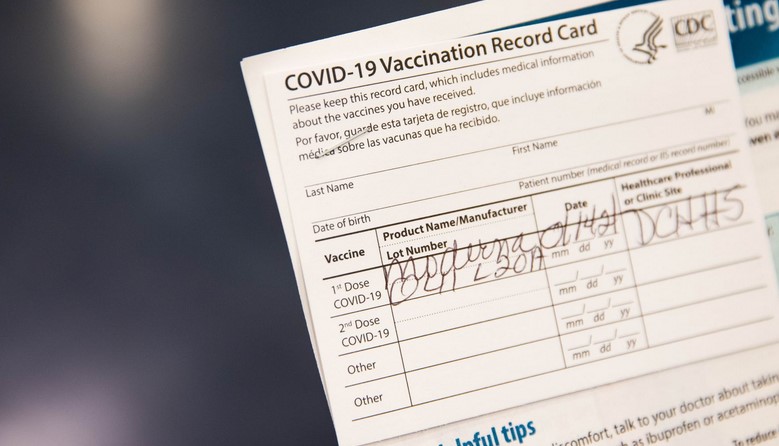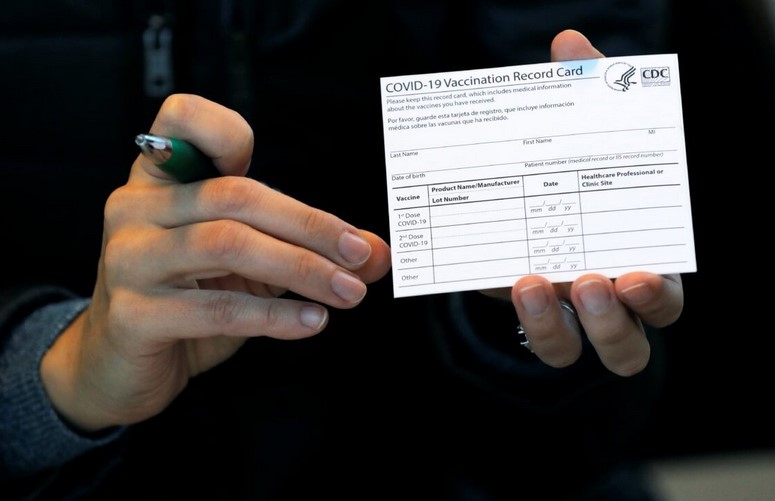The locator form for British travellers has been removed from Spanish airports and buses, and the country no longer requires British travellers to carry it with them. There are some exceptions to this rule, though. Spanish travellers are still required to wear a face mask, even if they are not travelling from the UK. They can remove the mask once they reach their destination. It is also recommended to wear a face mask in many indoor settings, including public transport.
Spain has lifted all its remaining co-infection vaccination (CVID) restrictions. Until today, it was the only European country that still had restrictions in place for non-EU travellers. From October 21 2022, both EU and non-EU citizens no longer have to show proof of vaccination, recovery or a negative CVID test. Tourists are also no longer required to complete a health control form prior to travel.

Unvaccinated travellers can travel to Spain
The locator form allows travellers who are unvaccinated to enter Spain. The form is available online and requires proof of recovery from an illness. British adults without vaccinations can only enter the country for “essential” reasons, and are not allowed to enter the country for tourism. Young people aged 12- 17 must show a negative PCR test. Travellers should also read the sections about vaccination for children and unvaccinated travellers.
Passengers who are not fully vaccinated can enter Spain only if they have a long-term national visa or a regulated long-stay visa. There are some exceptions, however, such as health workers, border guards, researchers, carers of the elderly, people in the transport sector, and highly-qualified workers. In these cases, a travel certificate is required.
COVID-19 tests are widely available in Spain
The Spanish government is working on rules to regulate COVID-19 tests’ retail prices, but a shortage in pharmacies last month prompted protests by consumer groups and opposition politicians. Many of these groups are calling for the tests to be widely available in supermarkets. They say that with the holiday season approaching, they are likely to be used by more people to determine if they have the virus. However, these tests can provide false negative results, leading to a false sense of security.
In addition, Spain’s Ministry of Health, Carolina Darias, recently announced an update to the Spanish Covid test. This will enable faster identification of suspected positive cases, and help control the pandemic. Previously, patients had to seek a prescription before receiving a test, which was a barrier. The new law will allow patients to purchase Covid tests over the counter, and will cost around $10.

Travellers from third countries need a COVID-19 Recovery Certificate
COVID -19 is a highly contagious respiratory virus, so if you want to travel to the EU or any of its member states, you will need a COVID-19 Recovery Certificate. This certificate shows that you have taken the necessary vaccinations. You can also use it as proof that you have recovered from this disease. However, it is worth remembering that this certificate is not a replacement for a travel document. You will still need your passport or identity card to enter any of the EU countries.
The COVID-19 Recovery Certificate must be issued within 11 days of the first positive NAAT result. You must also provide documentary proof of the diagnostic test. For further information, visit the website of the Federal Ministry of Health.
So what does this all mean for UK passport holders? Well, for starters, you no longer need to show proof of vaccination or a negative test before entering Spain. You still need to show your clean bill of health if you want to be granted a full 30-day visa. It also means you can enjoy the country’s beautiful beaches and varied culture in the knowledge that you’re not putting anybody at risk by arriving insufficiently immunised against diseases.



